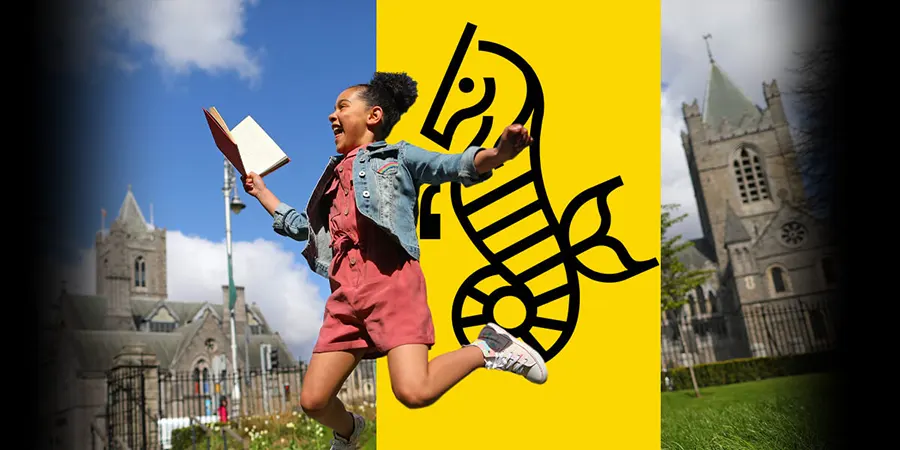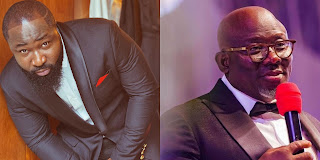At the International Literature Festival Dublin (ILFD), held in Ireland this past May, the spotlight was on the rich and evolving landscape of Nigerian and African literature. Renowned Nigerian-German writer Olumide Popoola and literary agent Bibi Bakare-Yusuf engaged in a compelling discussion about the past, present, and future of African writing.

Revitalizing African Literary Landscapes
“There’s a renewed energy and excitement, and I want that to continue across the African literary landscape,” said Bakare-Yusuf, the visionary founder of Cassava Republic Press. Established in 2006 in Abuja, Nigeria, Cassava Republic has been instrumental in showcasing Nigerian literature to a global audience, with additional offices now in the UK and the US.
“With the existence of Cassava, we have really shown the world that, in the way that Africans are, we exist in a multitude, and our stories must exist in a multitude as well,” Bakare-Yusuf explained. “It must encompass as much variety as possible; from the village to a slum in Kinshasa or Lagos, to the luxury of Cape Town.”
Abuja: Aspiring UNESCO City of Literature
The event titled ‘Cities of Literature: Abuja’ on May 22 saw Bakare-Yusuf and Popoola delve into Abuja’s literary aspirations. Abuja is striving for UNESCO’s City of Literature designation, a recognition currently held by two South African cities, Durban and Buffalo City.
“Abuja has really grown in terms of its literary offerings,” Bakare-Yusuf noted. “There are so many book clubs, a lot of theatres outdoors and indoors, and many bookshops. These are things that make for a great ‘City of Literature’ and I would really welcome Abuja to become the first city in Nigeria to be designated.”
Inspiration from Nigerian Storytelling
Olumide Popoola, whose works are published by Cassava Republic, shared her admiration for Nigerian literature. “Nigerian literature is very, very rich,” she said. “I’m obviously very inspired by it and the different ways of storytelling to the Western canon. It’s something that I deeply admire.”
Popoola, who grew up between Nigeria and Germany and is now based in London, published her debut novel ‘When We Speak of Nothing’ in 2017. Her latest work, ‘Like Water, Like Sea,’ explores themes of relationships, motherhood, and mental health, with a focus on a character with bipolar disorder.
“I’m slightly on the experimental side, because I want to rethink how we shape narratives and how we tell stories,” Popoola explained. “Cassava’s ethos is to have a much richer idea of what African literature should be, and that is really inspiring as a writer and freeing.”
Growth of the African Publishing Industry
Cassava Republic’s influence extends beyond its own publications. Since its inception, the African publishing industry has seen notable growth and an increasing international readership.
“When we started 17 years ago, there was just a handful of writers that we would have heard about internationally,” Bakare-Yusuf recalled. “I think that when you have a publishing house on the continent that is sharing what’s possible, it inspires other people. At least five other publishers have come on board, which is really exciting and we want more across the continent.”
Building the Archive of the Future
The interest in Nigerian and African writing has expanded well beyond the borders of Abuja. “I think it’s definitely a time for diversity in literature,” Popoola said. “I think there’s so much hunger for different voices that are not just coming from dominant voices or the West that we’ve been used to.”
For Bakare-Yusuf, the mission of publishing African voices transcends the present. “We need to have a more expansive story about the continent, about our people,” she said. “If we don’t have those stories done now, we’re not going to have anything in the future.”
She envisions this as creating “the archive of the future.” “I strongly believe that the future archive that our children’s children are going to open in 500 years’ time, it’s what we’re already creating today,” she emphasized. “I want to be part and parcel of the people creating that.”
The dialogue at ILFD underscored the vibrant and dynamic nature of Nigerian and African literature, celebrating its past achievements, current growth, and future potential.




